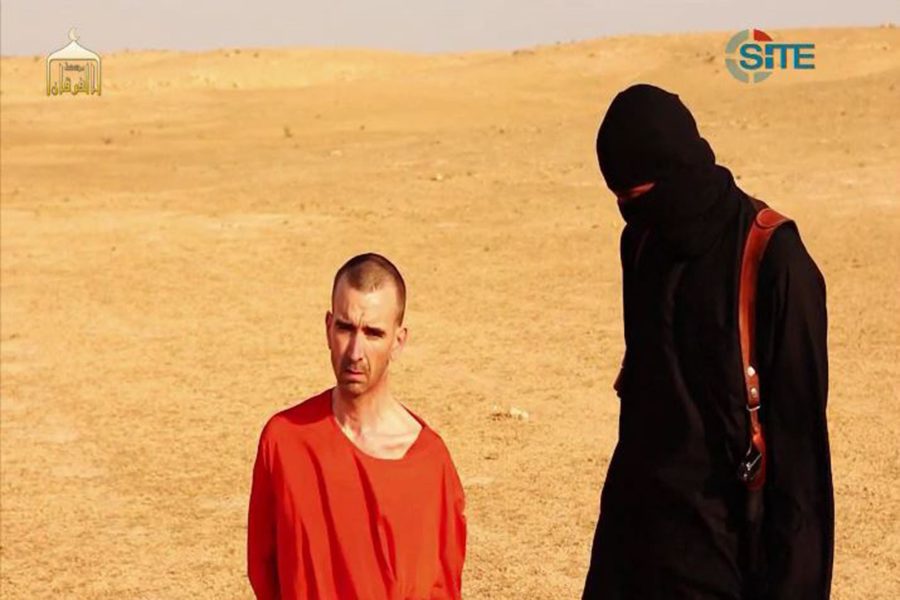By Brendan Johnson
ISIS has become a large threat to not only the Middle East, but also to Europe, surrounding African countries, and the United States.
ISIS had just originated as a small splinter group of Al Qaeda. They were called Jama’at al-Tawhid wal-Jihad at the time, during the late 1990’s. They took part in the Iraqi insurgency against U.S.-led forces after the 2003 Iraq invasion. During 2006 they joined other Sunni groups to form the new Mujahideen Shura Council, which then evolved into the Islamic State of Iraq (ISI) soon afterwards.
This “ISI” turned into the Islamic State and The Levanent (ISIS) under the current leadership of Abu Bakr al-Baghdadi. ISIS gained much support in Iraq after perceived discrimination of Sunni’s, a large branch of Islam. ISIS then established a presence in four of the major governorates, which are somewhat like states in the U.S.
In June of 2014, ISIS was estimated to have at least 4,000 soldiers. This estimate was later increased to 20,000-31,000 soldiers by the CIA. In May of 2014, ISIS had kidnapped 140 Kurdish schoolboys and forced them to take lessons in radical Islamic theology. ISIS then continued to capture five towns between June 9 and June 21. During July, ISIS had taken a major oil field, al-Omar, which can produce up to 75,000 barrels of oil daily. On June 30, the Pentagon announced it would send 300 troops to various places in the Middle East, bringing the total number of American personnel to 800. “This force is deploying for the purpose of protecting U.S. citizens and property, if necessary, and is equipped for combat. This force will remain in Iraq until the security situation becomes such that it is no longer needed,” the president wrote in a letter to Congress.
To start to uproot ISIS, U.S. Secretary of State John Kerry coaxed Middle Eastern leaders to join a coalition to fight the ISIS terrorist threat. U.S. bombers set their sights on Iraq’s capital and other key pieces of land. Two dozen other nations, the Arab League, European Union, and the U.N. held a meeting in France. They called ISIS a “threat to the international community.” The United States has said that there is nearly 40 nations pledging to contribute in the fight against ISIS.
Whatever the case, one thing has been made clear by ISIS; they will not be simply swept under the rug for another day. ISIS will not wait for the world to act.







